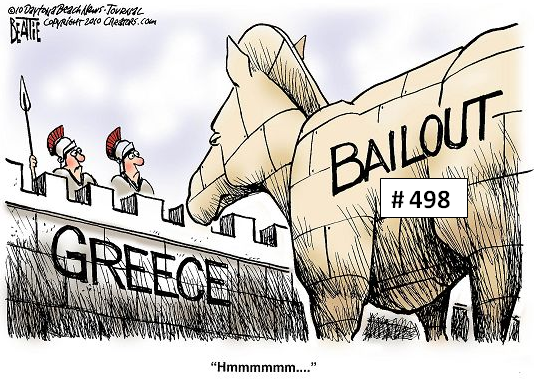James Galbraith on How Fraud and Bad Economic Thinking Got Us in This Mess
Yves here. Our resident mortgage maven Tom Adams pointed me to a speech by James Galbraith via selise at FireDogLake, which discusses, among other things, how certain key lines of thinking are effectively absent from economics, as well as a lengthy discussion of the failure to consider the role of fraud. Galbraith is not exaggerating. The landmark 1994 paper on looting, or bankruptcy for profit, by George Akerlof and Paul Romer, was completely ignored from a policy standpoint even though it explained why the US had a savings and loan crisis.
Similarly, Galbraith refers to an incident at the most recent Institute for New Economic Thinking conference, in which he stood up and said, more or less, that he couldn’t believe he has just heard a panel discussion on the financial crisis and no one mentioned fraud. The stunning part was how utterly unreceptive the panel and the audience were to his observation. You’d think he’d had the bad taste to say the host had syphilis.
I strongly urge you to read the entire piece; non-economists may want to skim the first third and focus on the crisis material and what follows. This is the key paragraph:
Read more...This is the diagnosis of an irreversible disease. The corruption and collapse of the rule of law, in the financial sphere, is basically irreparable. It’s not just that restoring trust takes a long time. It’s that under the new technological order in this field, it can not be done. The technologies are designed to sow and foster distrust and that is the consequence of using them. The recent experience proves this, it seems to me. And therefore there can be no return to the way things were before. In other words, we are at the end of the illusion of a market place in the financial sphere.

